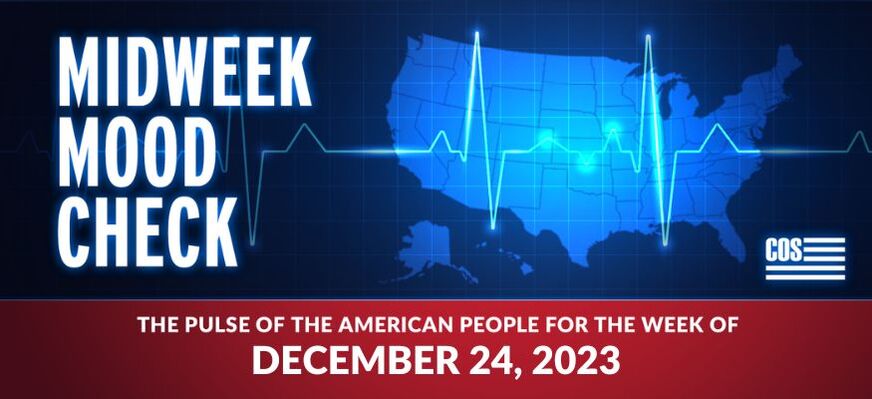The Colorado Supreme Court's decision to exclude Donald Trump from the state's Republican primary ballot has stirred intense reactions among voters. The 4-3 split decision is historic, marking the first time a presidential candidate has been barred under Section 3 of the 14th Amendment.
According to the latest Scott Rasmussen polling data, 50% of voters support the Colorado Supreme Court's ruling. On the flip side, 45% of voters disagree, expressing concerns about what some have labeled 'banana republic election interference.'
"When 50% think this is a good idea, you're talking civil war numbers," declared COS President Mark Meckler. "If half the population thinks it's proper to keep the candidate favored by the other half off the ballot, thus delegitimizing the opinions of half the country, those are fighting numbers. This is not a good sign and is a predictor of difficult times to come."
SEE ALSO: 'Banana republic interference’ in Colorado's GOP primary fires up Americans
This unprecedented event adds a new layer of complexity to the political landscape, with potential implications reaching far beyond Colorado's borders. The sharp divide in public opinion underscores the polarized nature of contemporary politics and the challenges faced in achieving consensus on matters of constitutional interpretation.
As the legal and political fallout from this decision unfolds, it is clear that the Colorado Supreme Court's ruling has ignited a robust debate among voters, setting the stage for a tumultuous primary season.
SEE ALSO: Midweek Mood Check – Elite Universities and the Destruction of America
Sign the Convention of States petition below to support the fight for self-governance and liberty.
Methodology
This Counterpolling™ survey of 1,000 Registered Voters was conducted online by Scott Rasmussen on December 20-21, 2023. Field work for the survey was conducted by RMG Research, Inc. Certain quotas were applied, and the sample was lightly weighted by geography, gender, age, race, education, internet usage, and political party to reasonably reflect the nation’s population of Registered Voters. Other variables were reviewed to ensure that the final sample is representative of that population.
The margin of sampling error for the full sample is +/- 3.1 percentage points.
This survey was paid for by RMG Research, Inc. as part of the service provided for our Gold Circle Members.






